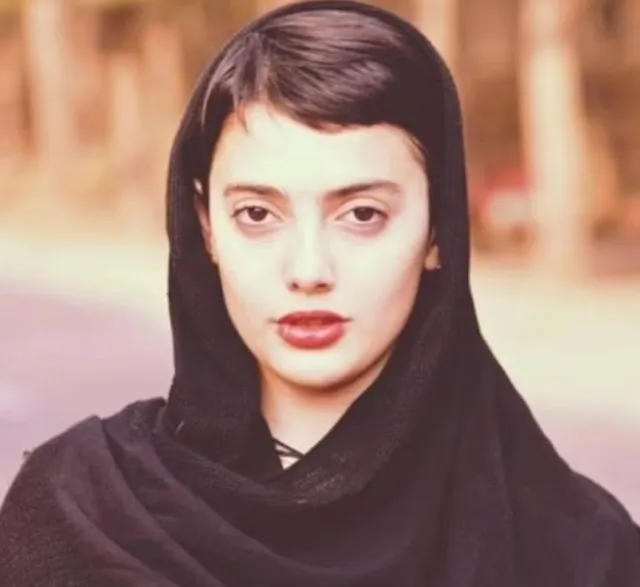Two teenage girls were arrested in Tehran for dancing on a war memorial in a viral video, facing severe consequences.
In Iran, two teenage girls have been arrested after posting a video of themselves dancing at a war memorial.
The video quickly went viral on social media, drawing attention to the strict laws in the country regarding dancing and public behavior.
The incident at the war memorial
Filmmakers captured the girls dancing at the Monument to the Unknown Martyrs of the Sacred Defence in Tehran.
This monument honors those who died during the Iran-Iraq War from 1980 to 1982.
Their choice of location sparked outrage among authorities, who claim it shows disrespect.

Cultural context of dancing in Iran
Dancing has been illegal in Iran since the Islamic Revolution in 1979.
The new government imposed strict rules on behavior, clothing, and music.
Under these laws, dancing is seen as a violation of public modesty. Those who break this law can face severe consequences.

Outfits considered inappropriate by authorities
The girls wore jeans and sweaters, which authorities deemed inappropriate.
In Iran, authorities expect women to adhere to strict dress codes.
The girls’ outfits, along with their dancing, contributed to their arrest. Both have had their social media accounts blocked as a result of their actions.
It is unclear what punishment the girls will face.
According to Iranian law, dancing in public can lead to fines or even flogging.
Article 637 of the Iranian Penal Code states that such actions are a crime against public modesty. The punishment can include up to 99 lashes.

History of similar arrests in Iran
The recent arrests are not an isolated incident.
In 2014, authorities sentenced six young people to suspended prison terms and lashes for dancing to Pharrell Williams’ song “Happy.”
In another case in 2018, authorities arrested a young woman named Maedeh Hojabri for posting dance videos online.
She later appeared on state television, where authorities forced her to apologize.
Despite the risks, many young people in Iran are beginning to push back against strict laws.

After Hojabri’s arrest, many women shared videos of themselves dancing online as a form of protest.
Hashtags like #dancetofreedom emerged, showing solidarity with those arrested.
A tragic incident indicating the risks
In November 2024, Arezoo Khavari, a 16-year-old girl, took her own life after the school threatened to expel her for dancing without a hijab.
This tragic event brought attention to the harsh consequences of Iran’s strict dress code and behavior laws.
Many social media users condemned the regulations that led to her despair.
The arrest of these girls has drawn international criticism.
Human rights activists are calling for the Iranian government to reconsider its policies on personal freedoms.

Many people around the world are expressing their support for the girls and condemning the legal framework that allows such harsh punishments.
As the case unfolds, many people wonder what will happen to the two young women.
The Iranian judicial system is known for its severity, especially concerning issues of morality and public conduct.
The outcome could set a precedent for how future cases handle similar situations.